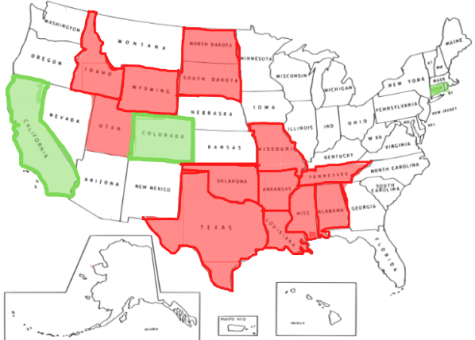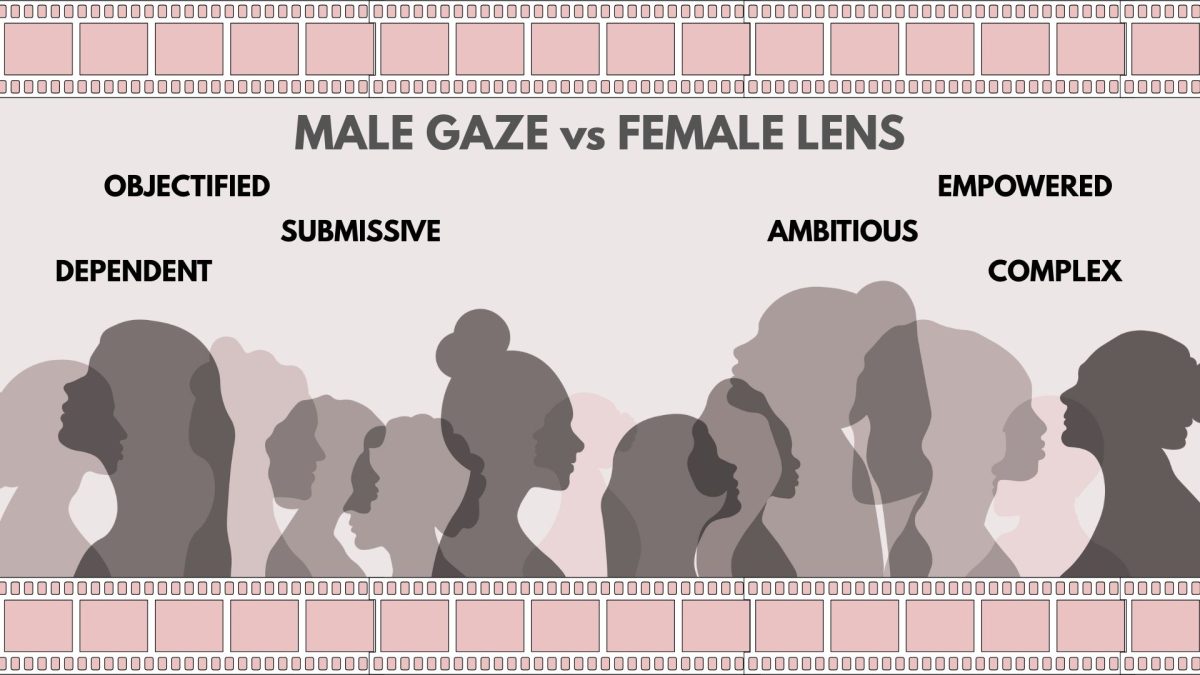If overturned, Roe v. Wade could risk access to emergency contraceptives

If the Supreme Court were to overturn Roe v. Wade, legal experts believe that other laws revolving bodily autonomy could be at risk including access to emergency contraceptives, infertility, and miscarriages.
May 23, 2022
With the Politico leak of the Supreme Court’s majority draft opinion that may overturn Roe v. Wade, The Guardian’s legal experts believe that other laws revolving around an individual’s bodily autonomy could be at risk such as access to emergency contraception, infertility, and miscarriages.
The Riverfront Times concluded that Missouri, along with 13 other states, will enforce a “trigger law.” This law, unenforceable federally, can be enforced at the state level, would outlaw abortion with the exception of a medical emergency. However, what is defined under “abortion” or “abortifacient” has now been broadened than just ending a pregnancy with pills or surgery.
“The law defines an unborn child as a human being from the moment of conception and in every stage of its biological development,” University of Missouri-Kansas City law professor Yvette Lindgren said in an interview with The Riverfront Times. “So conception, zygote, morula, embryo and fetus is how the law defines an unborn child.”
Lidgren explains that emergency contraceptives such as Plan B and Intrauterine Devices, would be considered an abortifacient. IUDs are used by more than eight percent of American women and can be used as an emergency contraceptive because they are used as a daily contraception.
“If a human being begins at the moment of conception, the result will be that forms of contraception will be criminalized under this law,” Lindgren said. “The argument is that, with those forms of birth control, the egg gets fertilized, and the birth control method prevents it from implanting into the uterus.”
Moreover, The Guardian explains that those arguing against abortions have argued incorrectly about Plan B and IUDs working as an abortifacients because they may prevent the egg to be fertilized. However, they explain that “there is no pregnancy without implantation, so the medications cannot terminate pregnancies”.
“No medical organization has ever said [contraceptives] are an abortifacient,” Lindgren said.
Along with this, Lindgren says miscarriages have doctors being cautious of treating women early in their pregnancy. When pregnant women go to hospitals, and are hemorrhaging or are showing signs of infection, they are usually recommended to “evacuate the uterus”. But, because evacuating the uterus is terminating a pregnancy, hospitals may not go through with the procedure or will be hesitant.
“If a doctor has the possibility of being criminally prosecuted and losing their medical license, they are not going to undertake that risk, even if they think that the likelihood of being prosecuted is low,” Lingred said.
Fertility clinics may see similar problems with doctors typically fertilizing more than one egg at a time, so they have a higher chance of implantation. If more than one egg is implanted in the womb, doctors would do a selective reduction where they reduce how many fetuses there are to one or two for a healthier pregnancy.
“That practice would become criminalized under Missouri’s trigger law,” Lindgren said.
According to Times Magazine, when the final ruling of Roe v. Wade is released by the Supreme Court “changes could start happening quickly”.

The 13 states with trigger laws: Kentucky, Louisiana and South Dakota will be in effect immediately. Arkansas, Mississippi, Missouri, North Dakota, Oklahoma, Utah and Wyoming, will need the states attorney general or other state officials permission in order for the bans to be in effect. Lastly Idaho, Tennessee and Texas, will implement the laws to ban abortions as a whole and will take effect 30 days after Roe v. Wade is overturned. However, California, Colorado and Connecticut have passed states laws protecting abortion rights.











































































